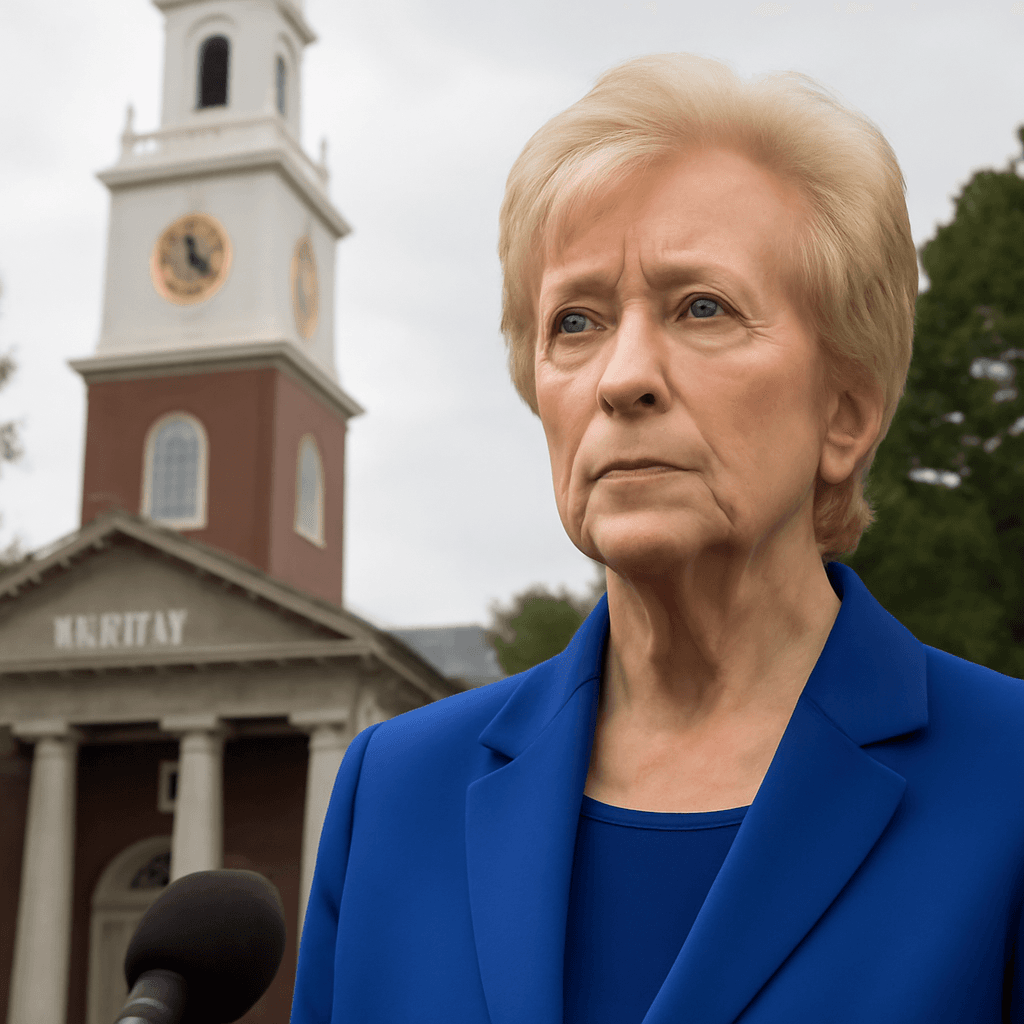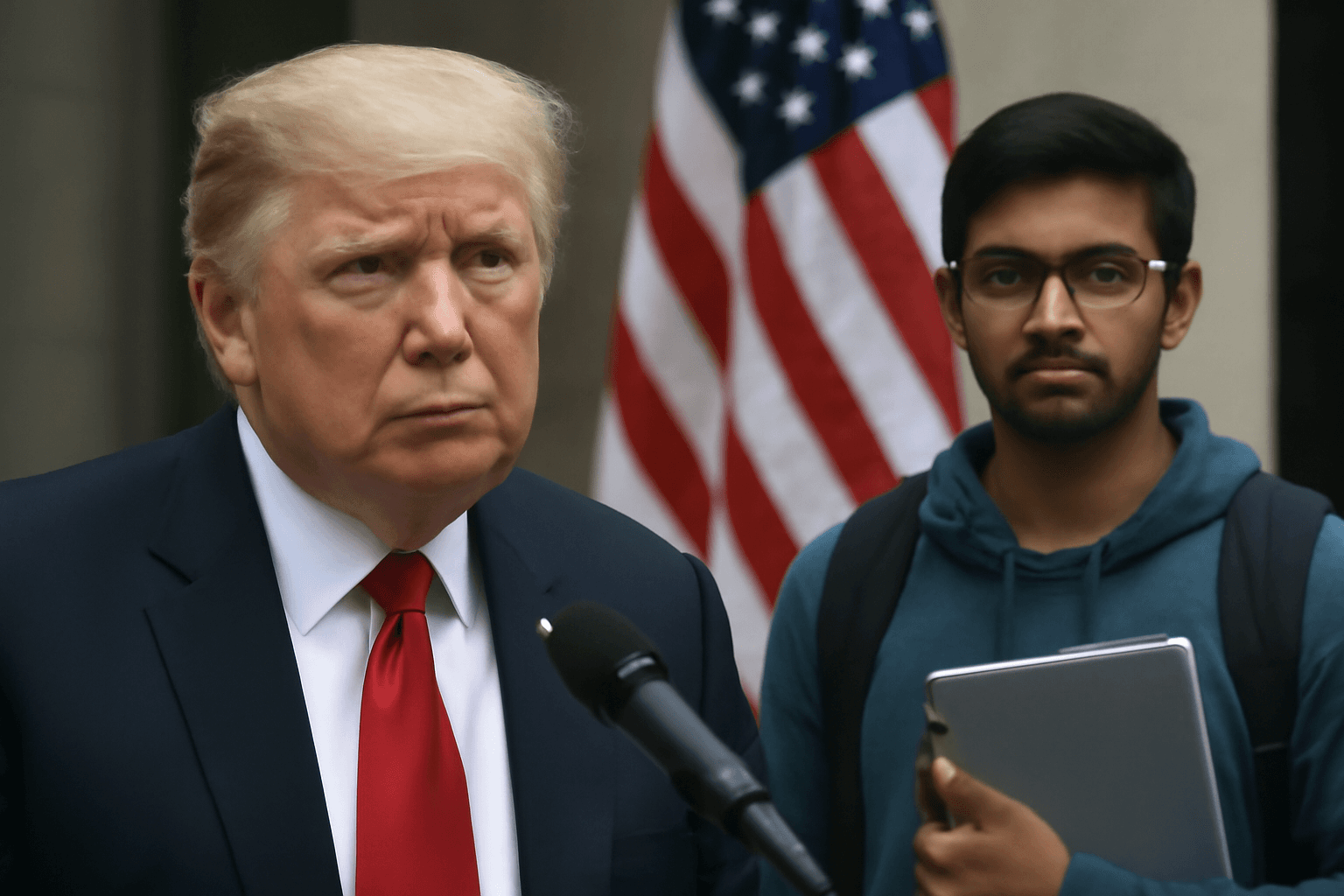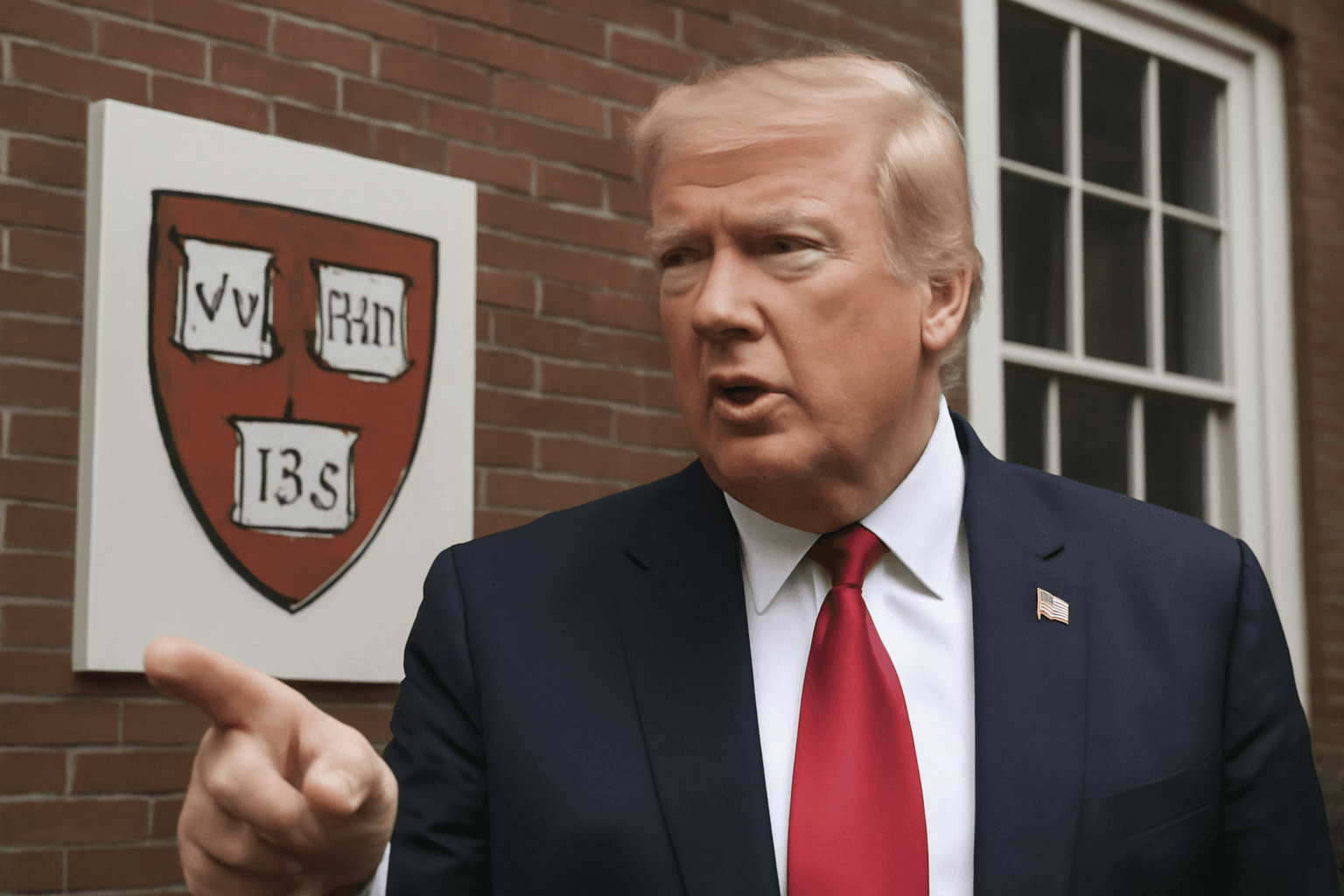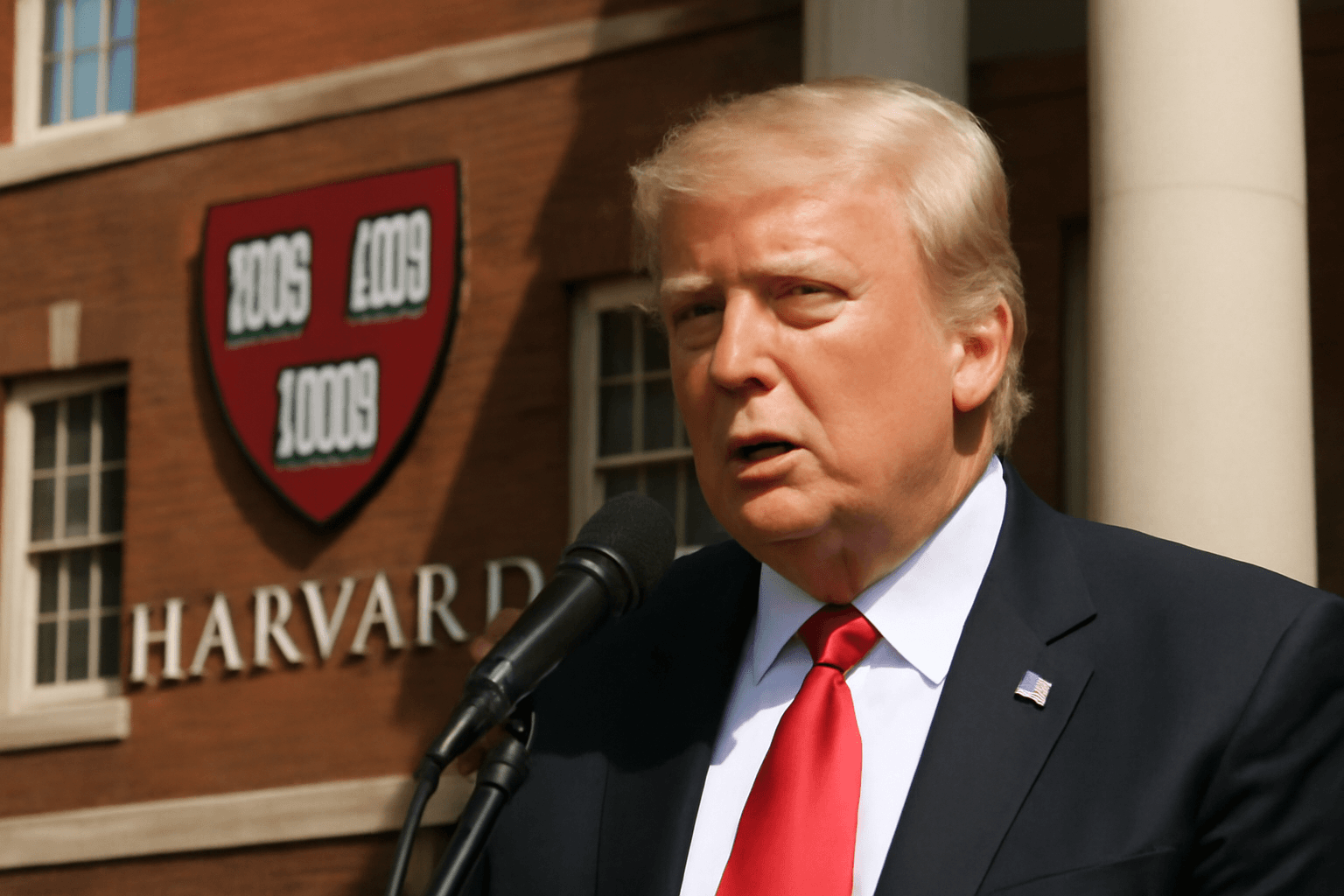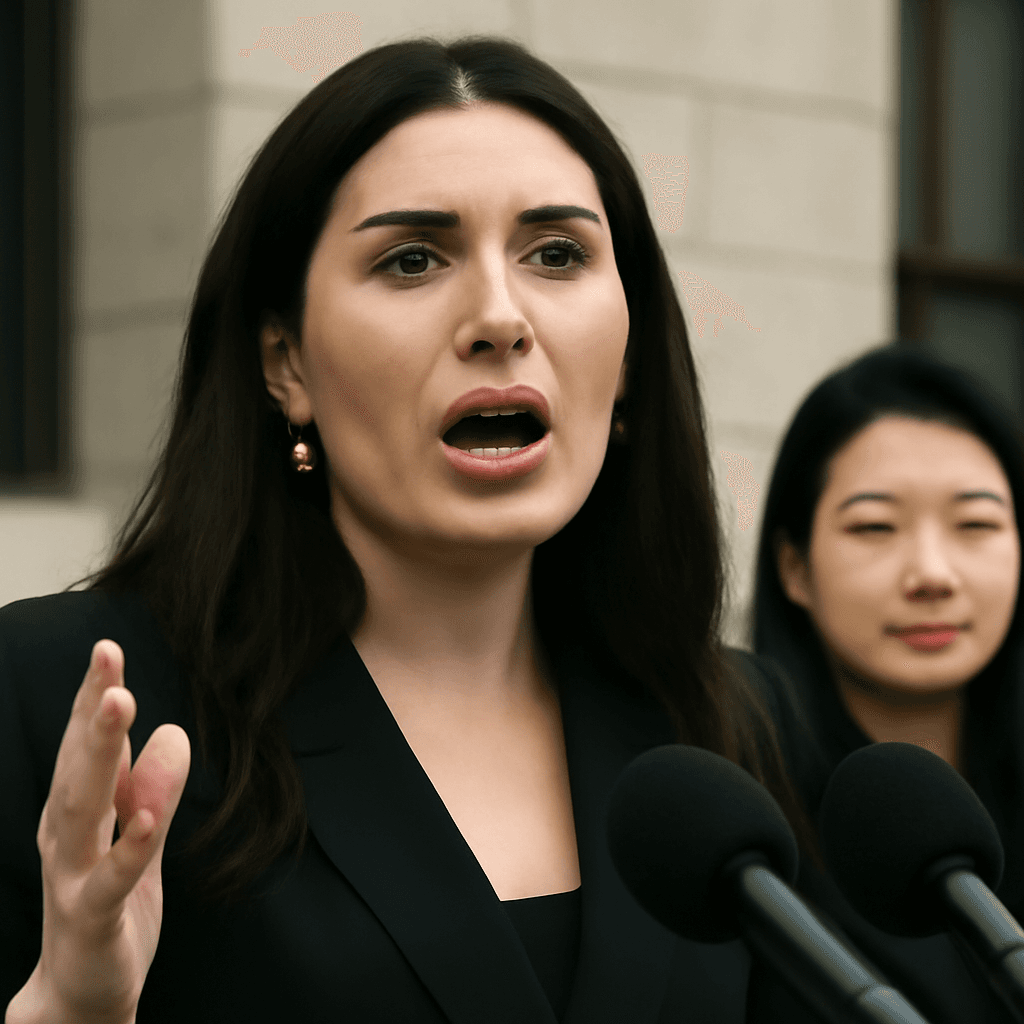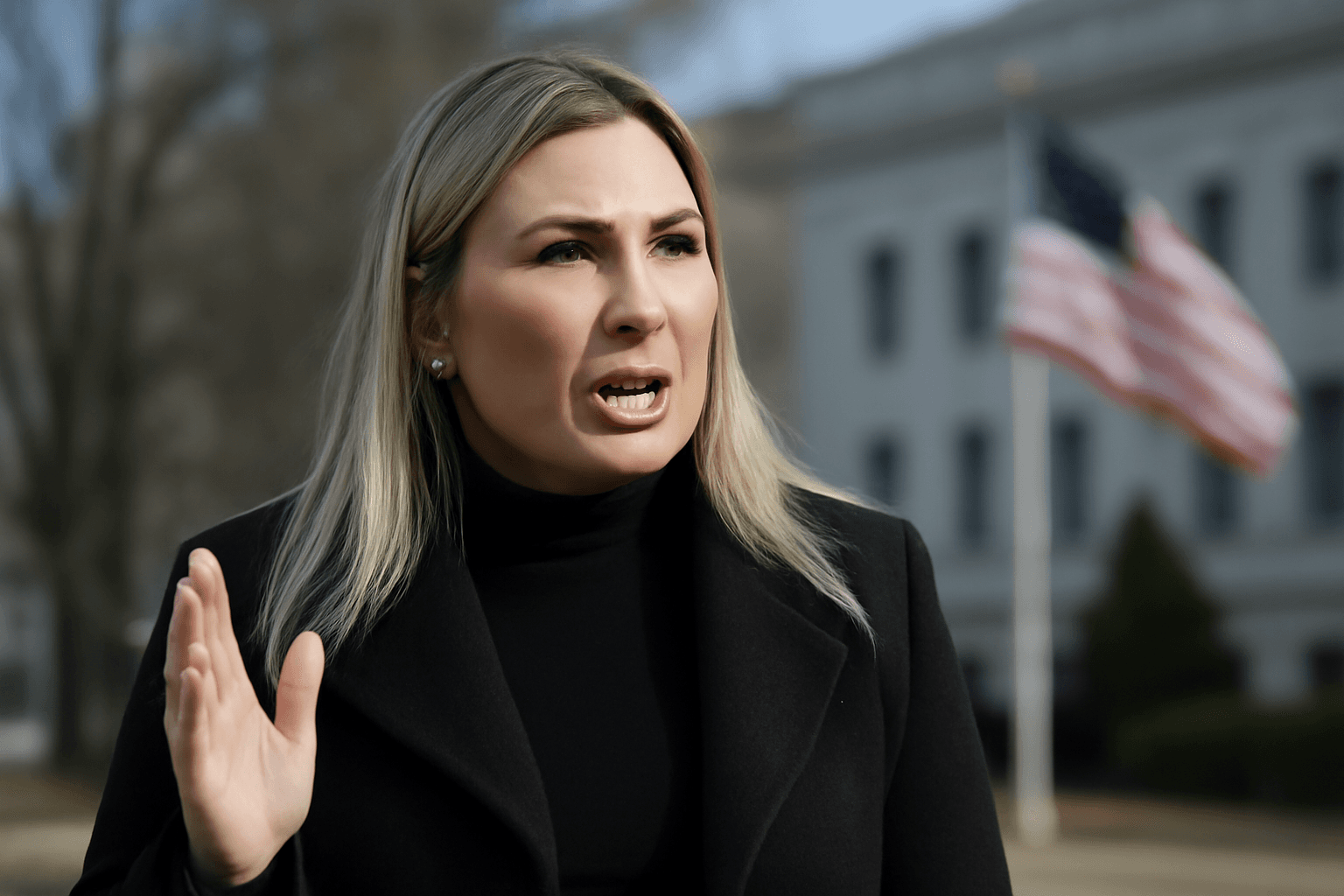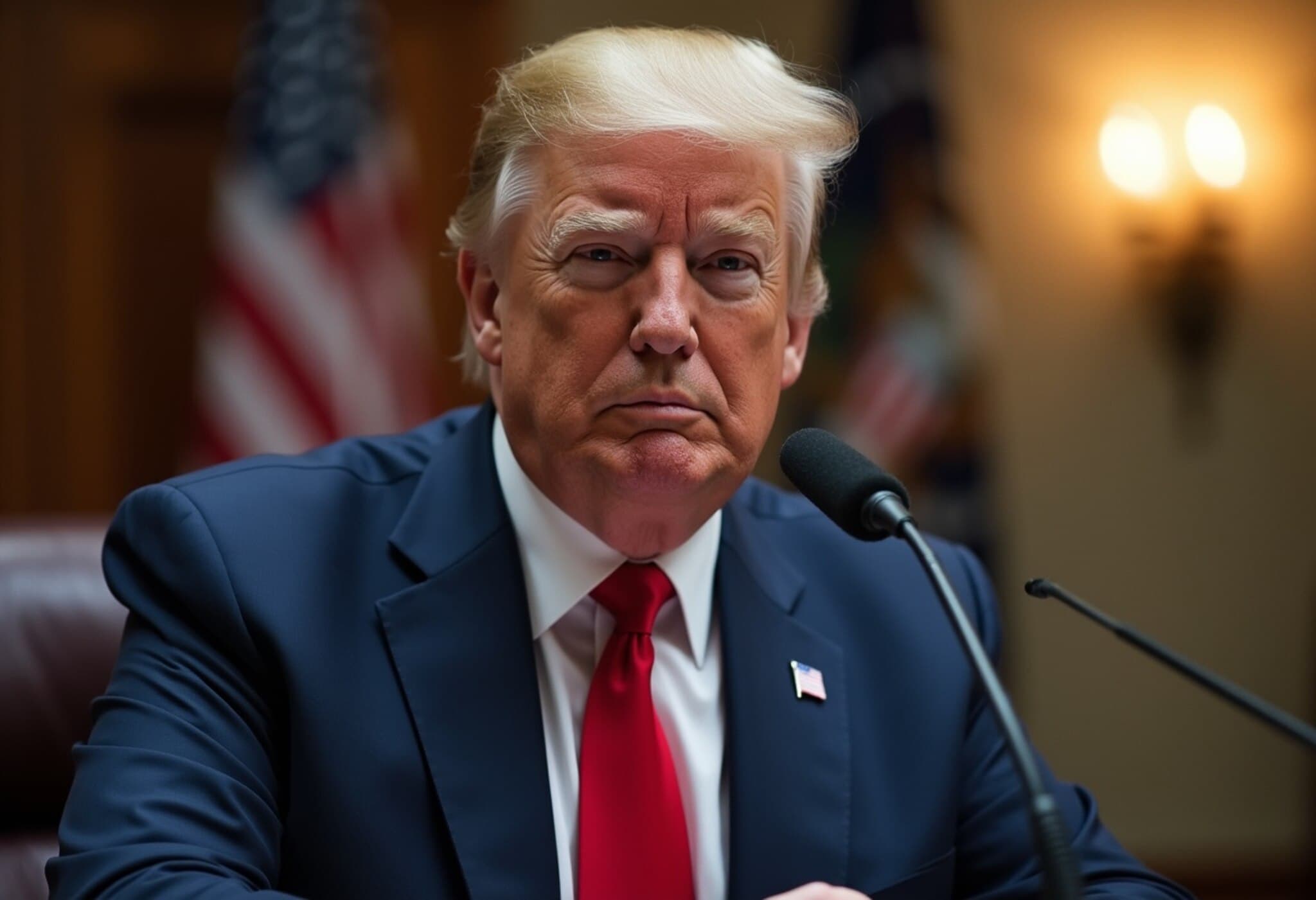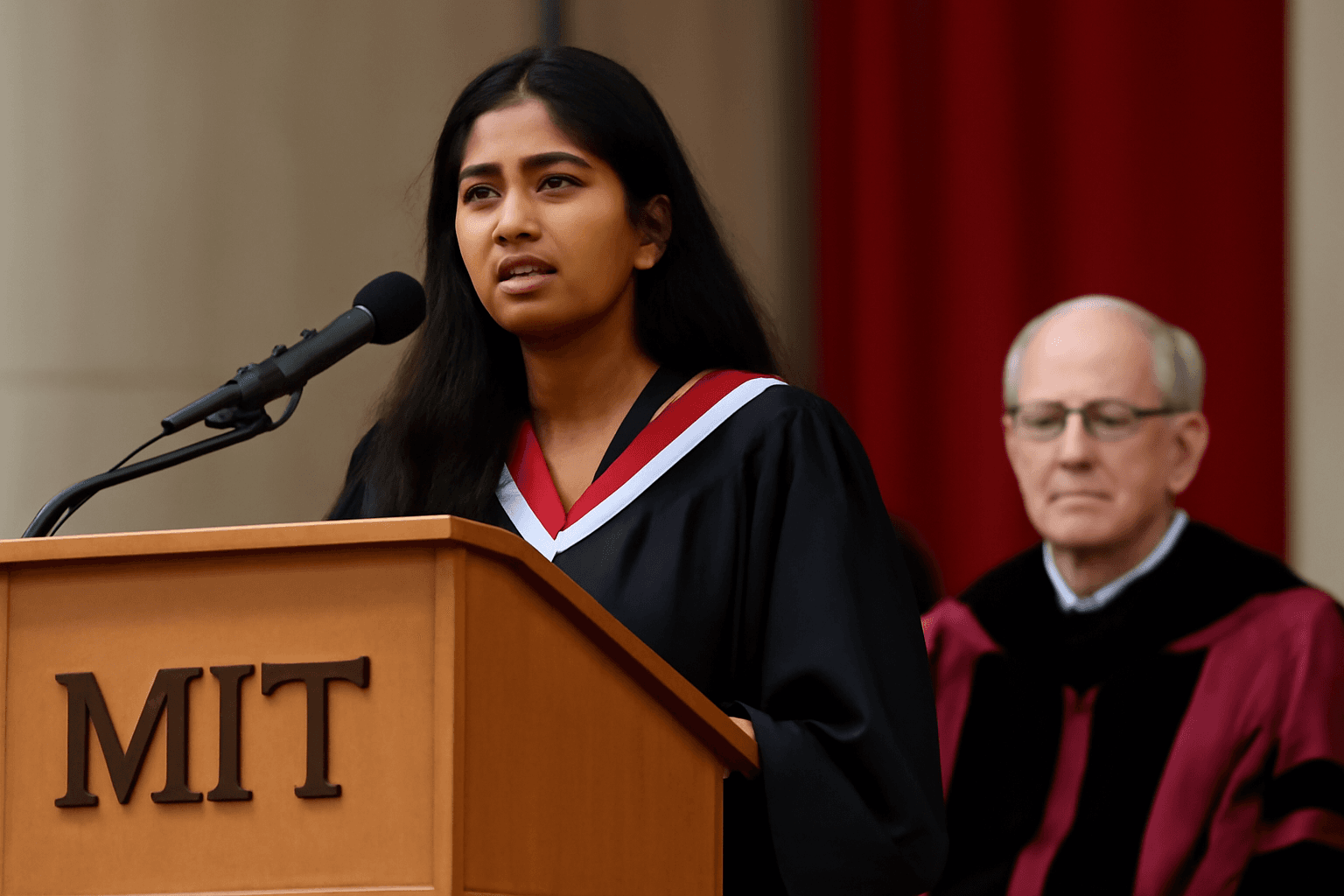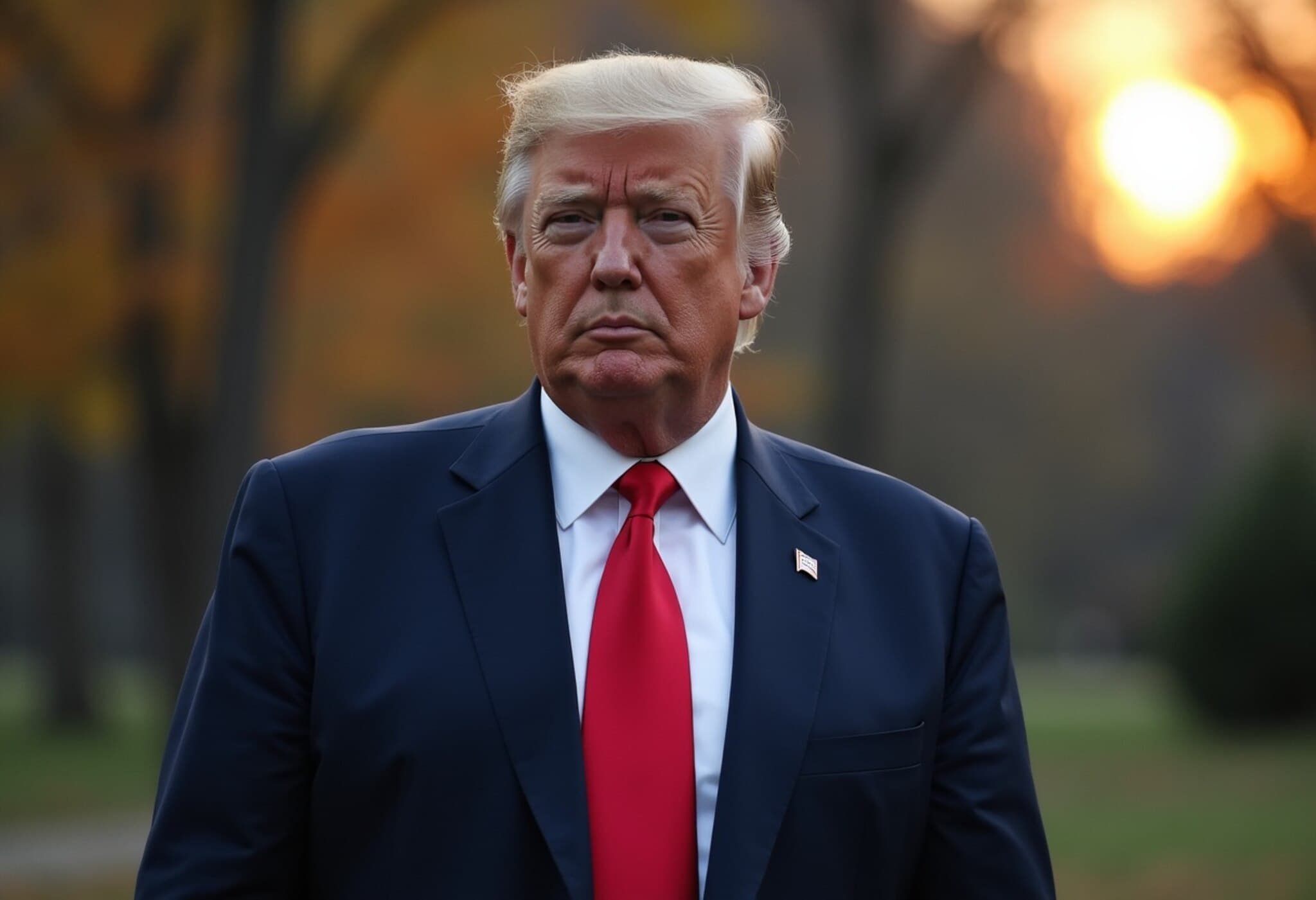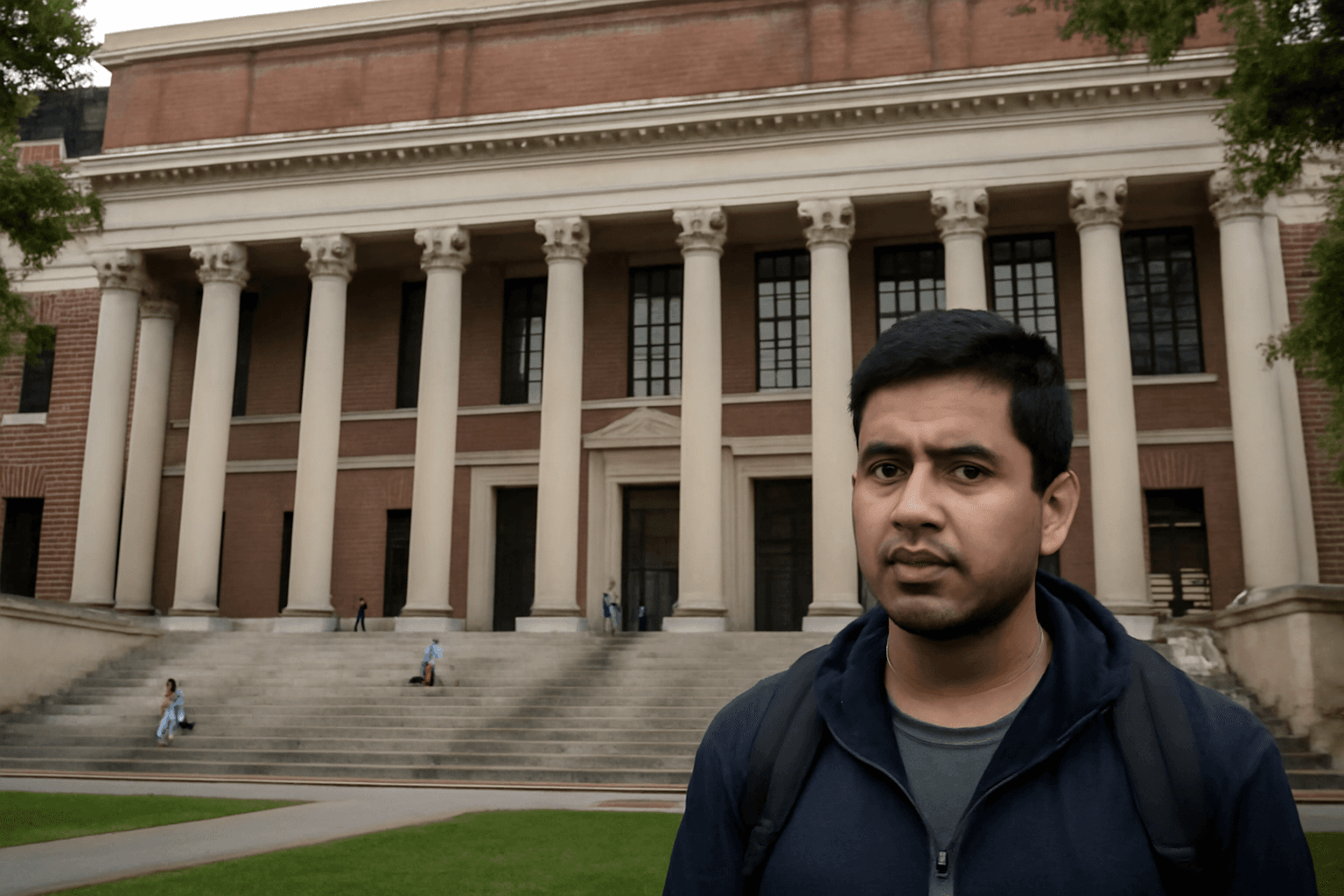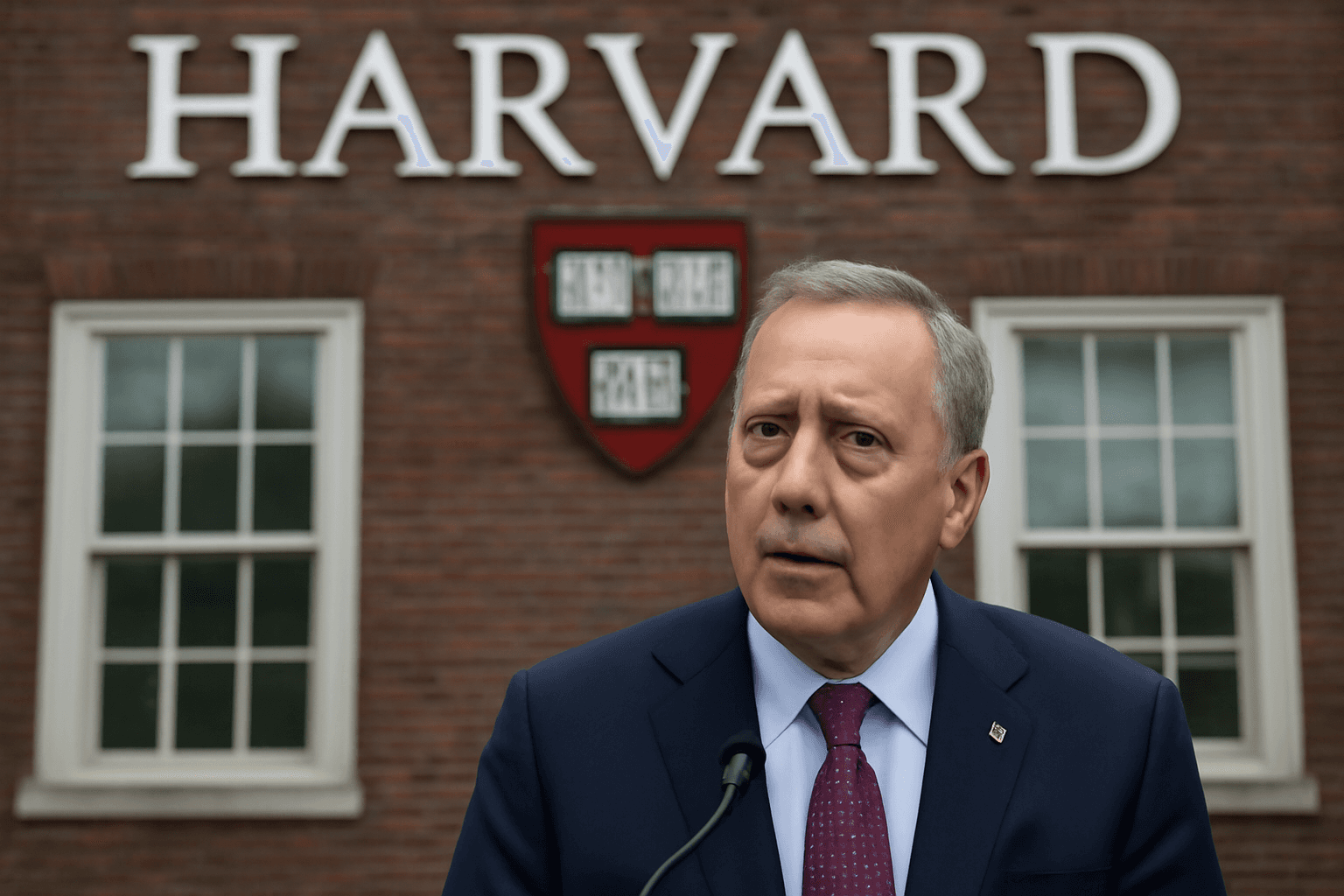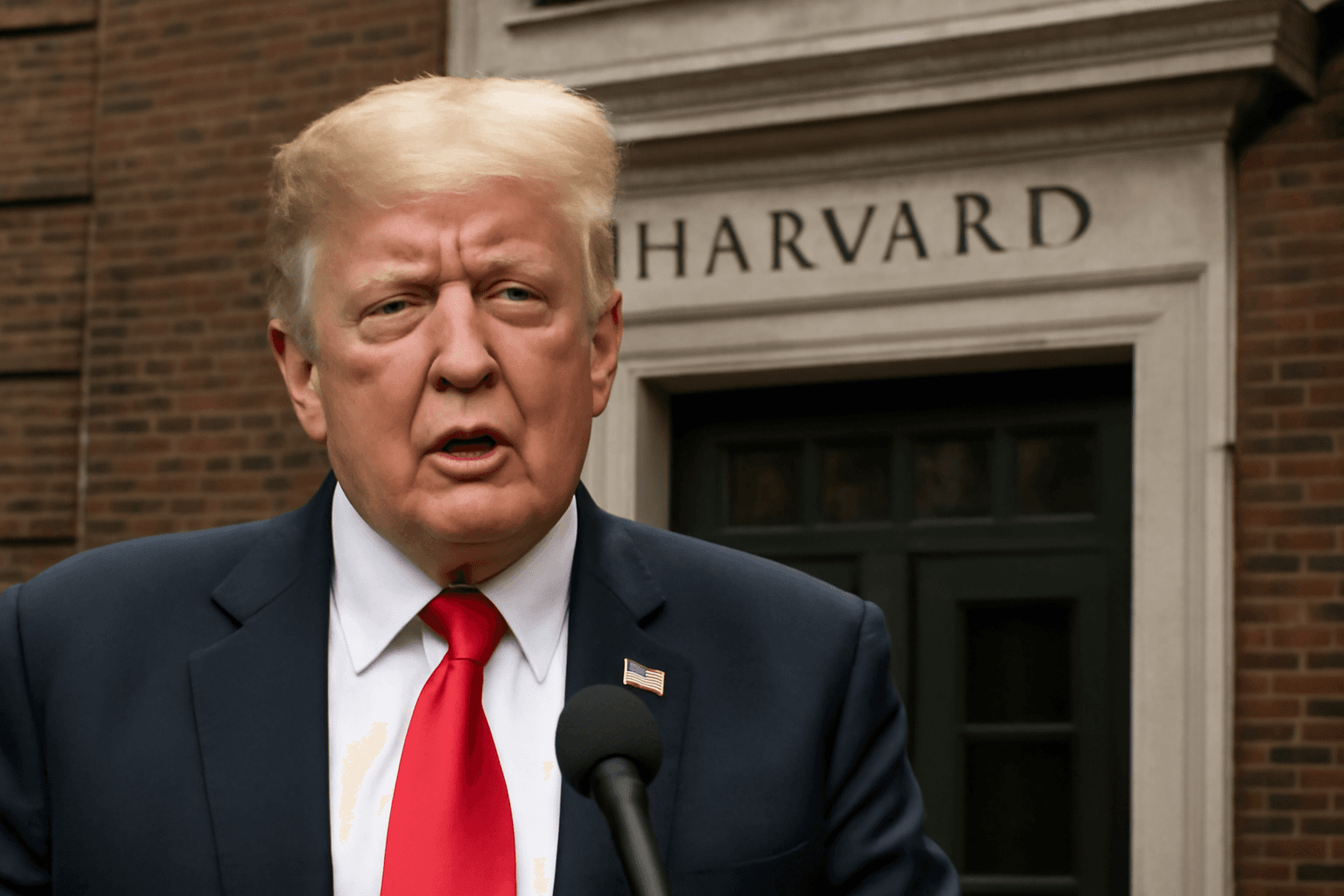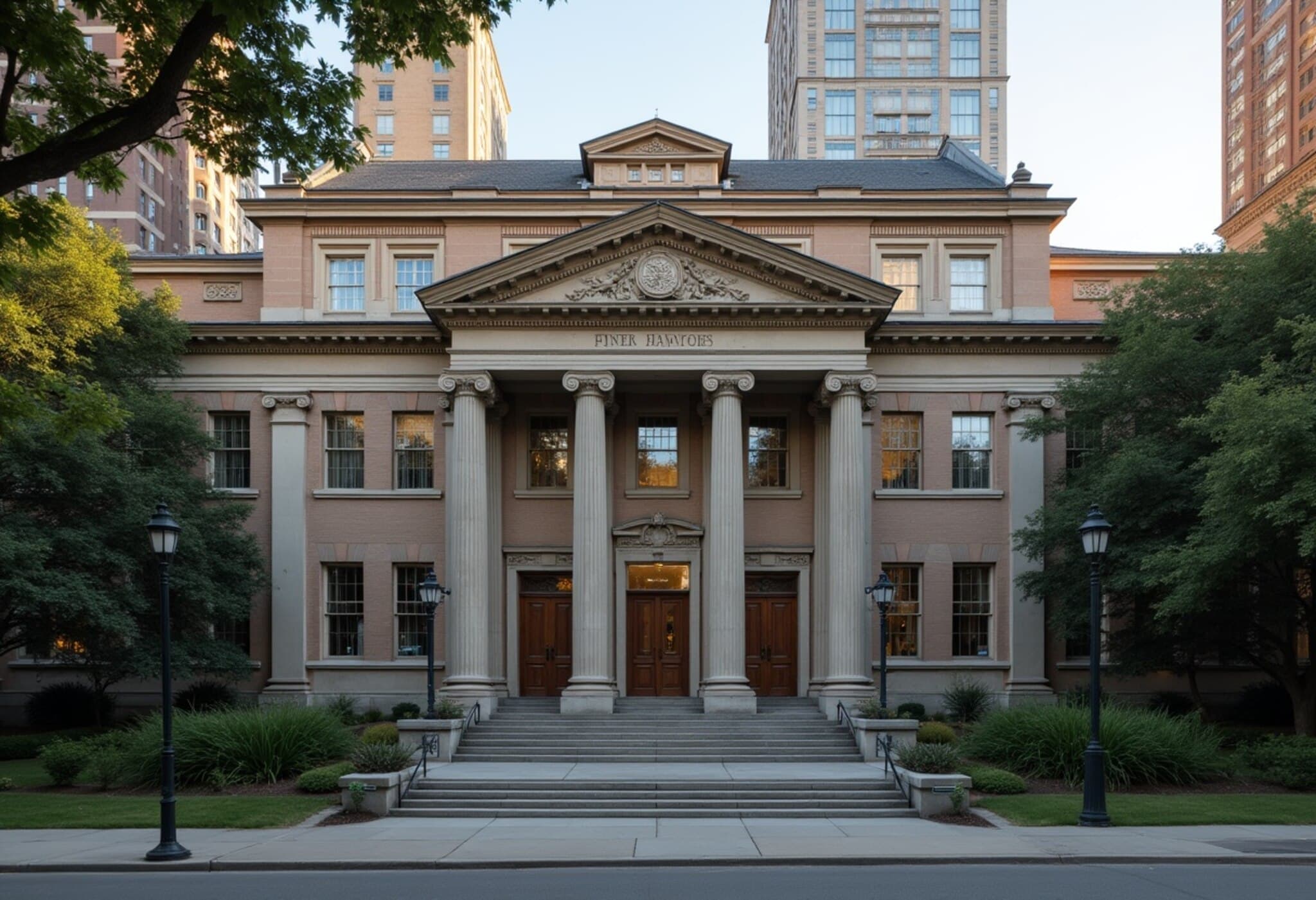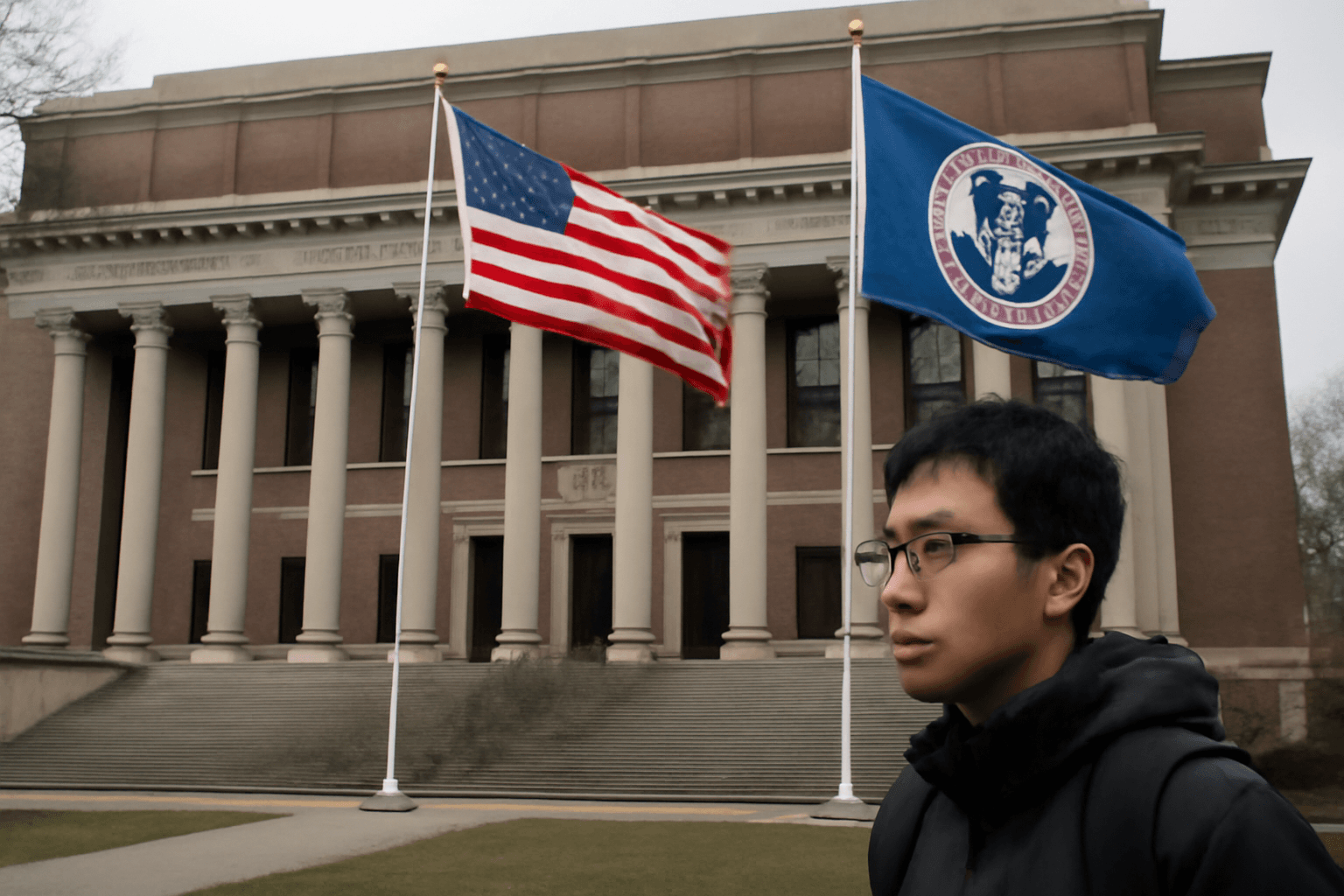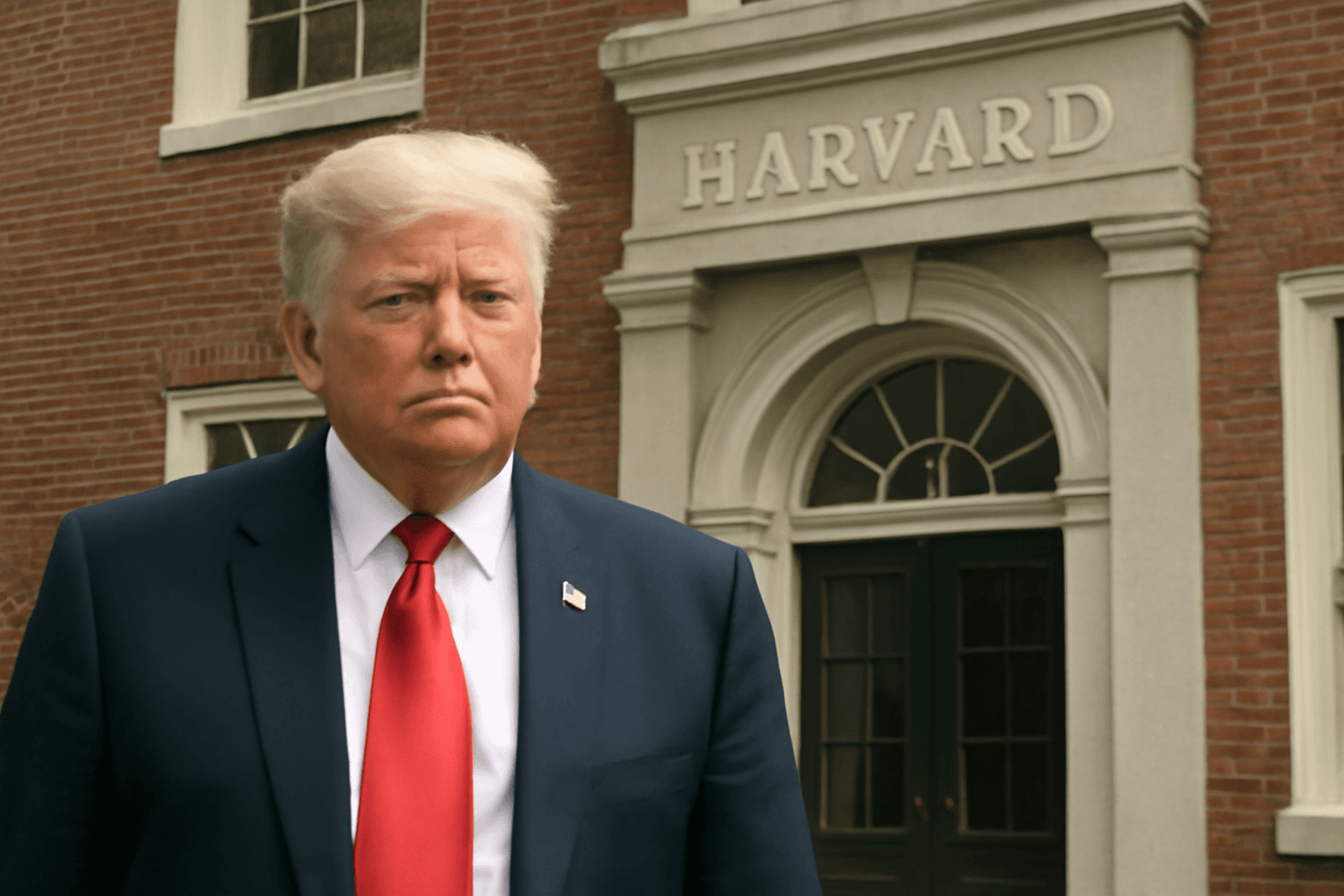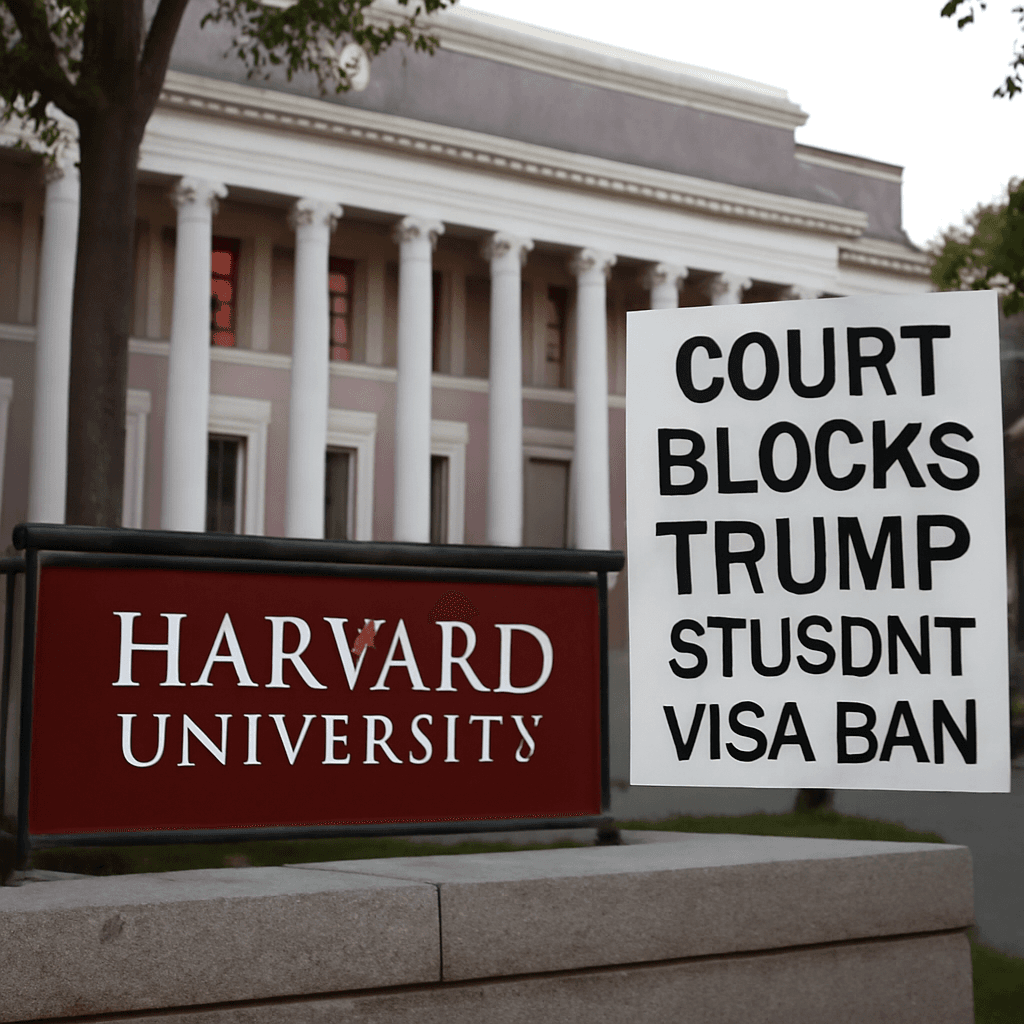Trump Acknowledges Harvard’s Shift on Student Visa Transparency
Education Secretary Linda McMahon recently expressed optimism about universities responding to the Trump administration's demands for greater transparency and control over international student admissions. Citing progress, she credited the former president for catalyzing efforts to curb antisemitism and enforce stricter vetting on campuses.
Harvard Under Pressure to Share Student Data
During a White House meeting with a visiting foreign dignitary, Donald Trump emphasized the administration’s insistence on receiving full lists of international students attending U.S. institutions. “We want foreign students to come, but we need to see their list,” he stated bluntly. He also pointed out Harvard’s initial reluctance but noted, “They're going to be giving us the list now. I think they're starting to behave, actually.”
Earlier in May, a formal letter was sent to Harvard, warning that failure to submit detailed information — particularly concerning students involved in pro-Palestinian protests — within 72 hours could jeopardize the university’s Student and Exchange Visitor Program (SEVP) certification ahead of the new academic year.
McMahon Highlights Ongoing Campus Challenges
In an interview, McMahon praised the administration’s rigorous approach: “We are putting teeth behind these measures, and I have seen progress because of that.” However, she acknowledged the path ahead remains long, especially in eradicating antisemitism and ensuring that foreign students admitted are appropriately vetted.
“It’s critical that students coming to these campuses aren’t activists disrupting campus life or promoting unrest,” she added. McMahon also stressed that all students should feel safe and welcome on college grounds, suggesting recent university actions may have been a direct response to federal pressure.
Funding Cuts and Political Diversity Concerns
The efforts are part of a broader crackdown which included the cancellation of nearly $2 billion in grants to Harvard and $400 million to Columbia, following allegations these institutions tolerated antisemitism.
McMahon also pointed to what she described as an ideological imbalance among faculty, noting that only about 3% of Harvard’s professors identify as conservative. “Is that really a diversity of viewpoints on campus? Certainly not,” she remarked, urging top universities to strive for more balanced representation.
Focusing on Merit over DEI Initiatives
Defending the rollback of Diversity, Equity, and Inclusion (DEI) programs, McMahon argued for a merit-based admissions process, stating, “When you select students purely by merit and academic achievement, diversity naturally follows.” She suggested that specific diversity mandates weren’t necessary to foster inclusive campuses.
Questions Remain on Foreign Student Status
Regarding the status of already enrolled international students, McMahon clarified that decisions largely rest with the State Department rather than the Department of Education, but reiterated the need for improved vetting procedures going forward.
What’s Next?
As tensions between federal authorities and elite universities continue, the spotlight remains on how institutions balance transparency, security concerns, and the promotion of free, diverse academic communities. With Trump’s directives stirring debate and legal challenges, the coming months will be crucial in shaping the future of international student policies in the U.S.

